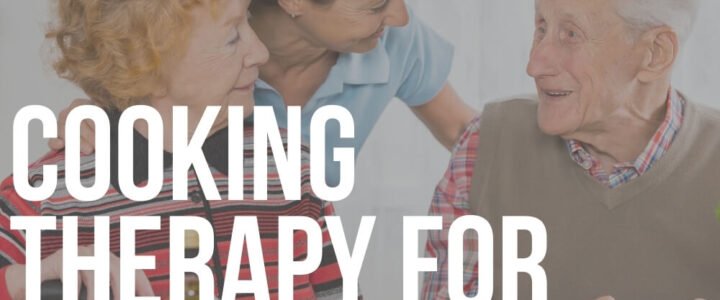After close investigation, we saw that cooking therapy for dementia is one of the therapies that people living with dementia benefit from.
QUITE significantly.
Some experts describe cooking therapy as a therapeutic technique that uses cooking, arts, gastronomy, and people’s personal, familial, and cultural relationships with food to address psychological and emotional issues.
It is also a popular alternative therapy with great benefits.
An article in Psychology Today described cooking therapy as one of the ways to simultaneously nourish the mind and feed the soul.
How Does Cooking Help Dementia?
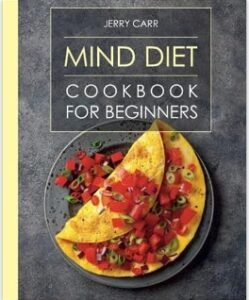
Also known as kitchen or culinary therapy, cooking therapy is also considered a form of SELF-CARE according to Dr. Axe.
This is because it helps people save money, relieve anxiety, and the result is a product that an individual can enjoy on their own or share with others.
Professionals agree that cooking can support an individual’s mental and physical health in multiple ways.
This is why this type of therapy can be beneficial to a person with dementia. It is, however, important to make sure that seniors engaging in cooking therapy do so safely depending on their current abilities.
Persons with dementia SHOULD ONLY take part in tasks that do not put them at risk of injury.
Some of the appropriate kitchen activities are:
- Washing vegetables
- Rolling dough
- Setting the table
- Mixing ingredients
- Cleaning dishes
- Making simple meals like sandwiches and fruit salads
Avoid letting the elderly handle sharp cutlery, hot stoves, and other risky actions.
It is best to gauge what an individual is CAPABLE of handling even for the most willing and able seniors.
Always match the tasks assigned to the functional level of the individual with the neurodegenerative illness.
With this in mind, let’s look into some of the ways individuals with the progressive illness can benefit from cooking therapy.
Benefits of Cooking Therapy for Dementia
Reduces Stress
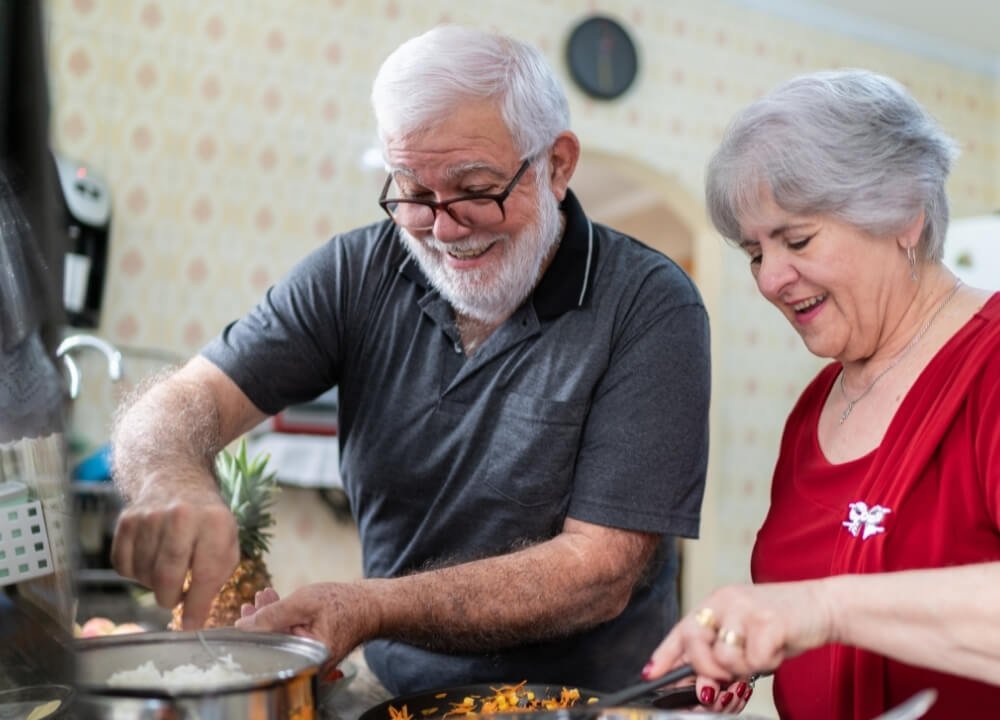
A 2018 review revealed that cooking can help enhance mood and reduce anxiety symptoms by giving participants a sense of accomplishment, control, and providing for themselves or others who will end up eating the meal.
Dementia often brings negative emotions and feelings caused by frustration and confusion. Cooking can HELP get rid of such by reducing some of the behavioral symptoms that people with dementia showcase.
For instance, a SIMPLE act of kneading dough or washing potatoes can reduce irritability and depression.
This is because a person is presented with a task that they can accomplish and enjoy which aids in relieving stress.
Encourages Physical Activity
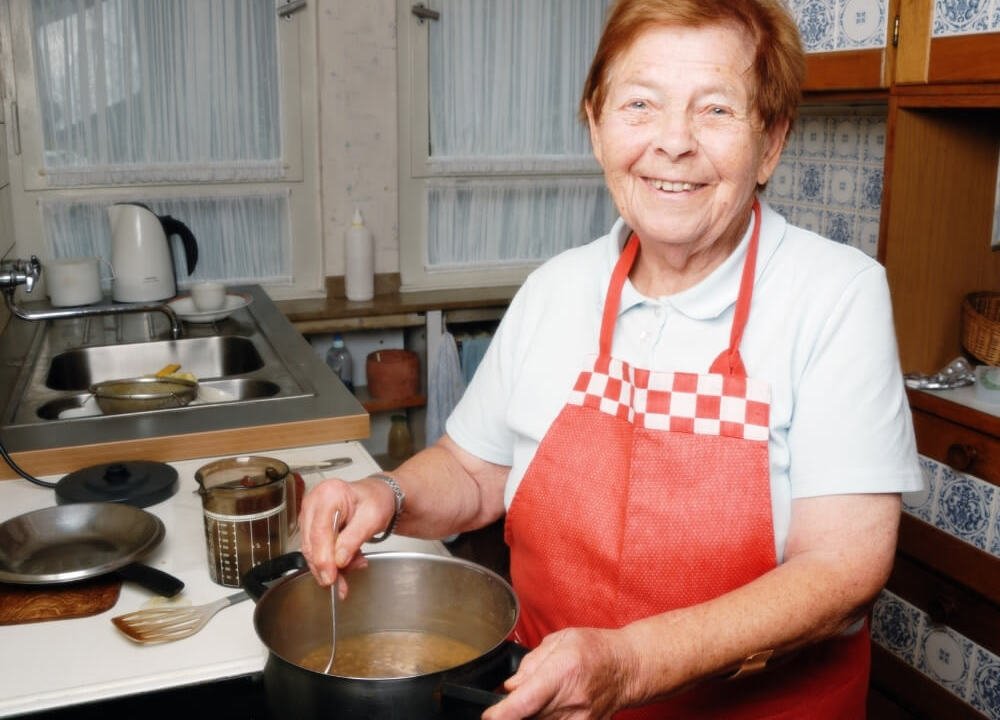
One of the perks that cooking therapy for dementia presents is encouraging individuals with the illness to get on their feet as they prepare ingredients and clean up afterward.
Physically, cooking requires some movements in fingers, shoulders, neck, elbow, neck, wrists, and good overall balance. An EXCELLENT activity for the entire body if you will.
Muscle strength is also required in upper limbs for chopping, cutting, and mixing.
While it may not be an intense workout, cooking sessions allow people to enjoy a fun and creative exercise that is relatively active.
Promotes Healthy Eating
Most people who engage in cooking therapy end up being mindful of what they put in their mouths.
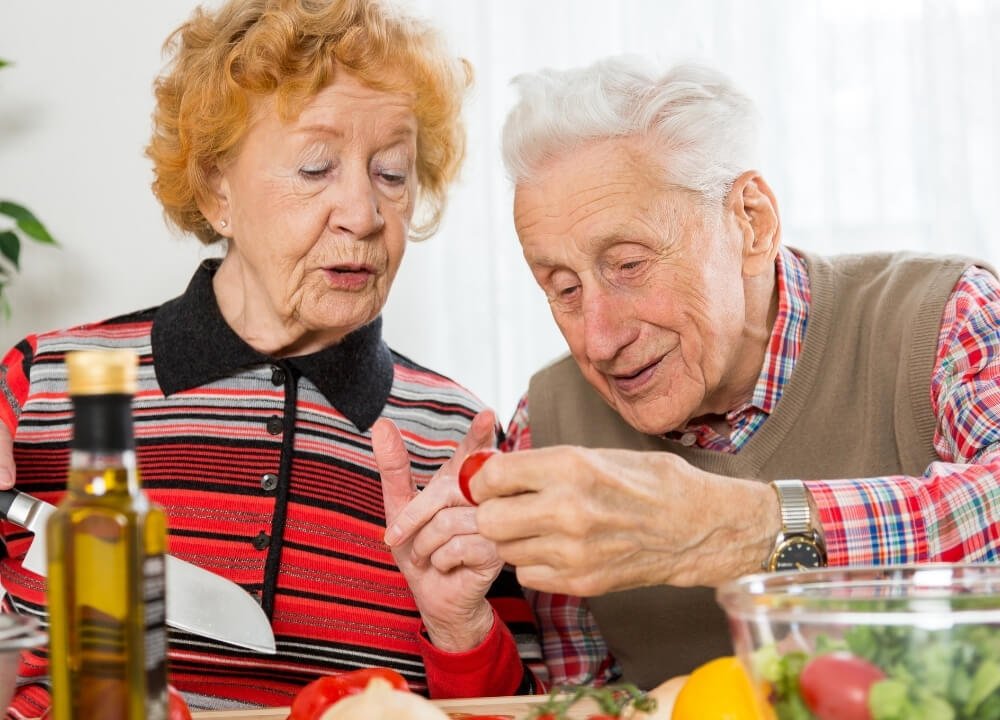
High-quality diets are crucial for maintaining brain health. Dr. Andrew McCulloch wrote that nutrition should become a mainstream daily component of MENTAL HEALTH care.
Including foods that are rich in various nutrients including legumes, dark leafy greens, berries, and oily fish, etc. has been linked with better outcomes for persons battling mood disorders.
Research also links nutrients like amino acids, omega-3 fats, magnesium, B vitamins, zinc, and iron to improved brain health.
Triggers Happy Memories

Cooking makes people FEEL nostalgic especially during family gatherings, over the holidays, and other traditional events.
Persons with dementia can reminisce on good times they had in the past cooking or sharing meals with loved ones.
Time Magazine researchers suggest that humans associate food with happy memories. The smell is another powerful element that triggers nostalgia.
Note that the part of the brain that processes smell is the EMOTIONAL center of the organ.
This implies that individuals are biologically hardwired to evoke emotions through smell.
Susan Whitborne professor of psychological and brain sciences at the University of Massachusetts explains that food memories involve all five senses reason they are more sensory than other types of memories.
Cooking therapy can also enhance brain stimulation through various actions that the senior participants in.
For starters, a person needs to concentrate on the activity a move that gives the brain a workout.
Encourages Self-Expression and Social Bonding

One of the benefits of cooking therapy for dementia is when seniors cook in a group setting.
They have a good time working with peers and other staff members where they end up enjoying the support and help of others.
It is quite EASY to bond over a delicious meal or snack.
The process of creating these foods offers the elderly an opportunity to have fun and provides a social outlet for self-expression.
Closing Remarks – Cooking Therapy for Dementia
Many professionals agree that cooking therapy for dementia is quite beneficial for various stages of the illness.
This has even led to the introduction of therapeutic kitchens in many long-term care facilities.
Not only do residents use the kitchens but the staff and family members as well.

